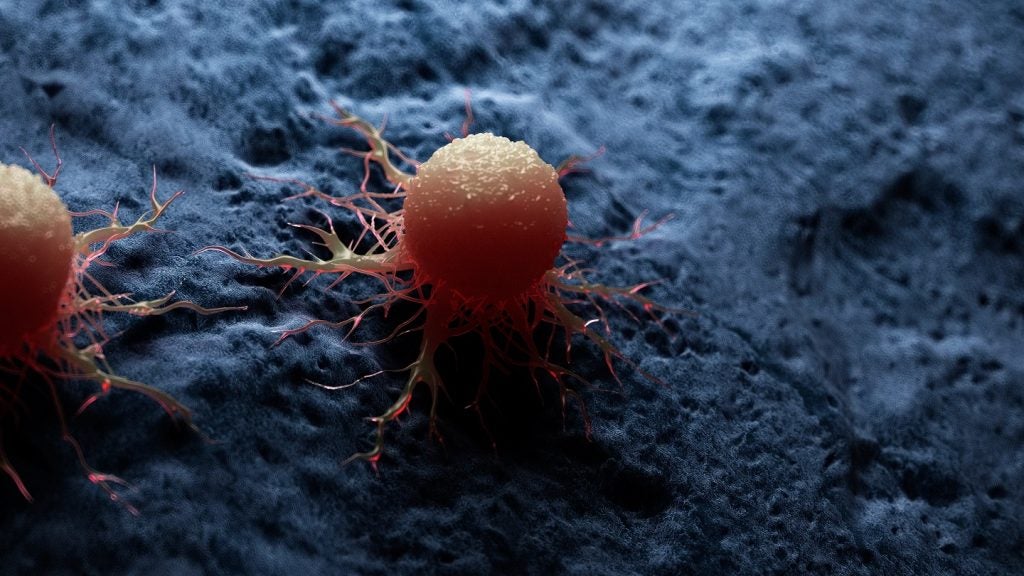Fate Therapeutics has patented a method for manufacturing induced immune regulatory cells, including myeloid suppressive cells, for treating various conditions. By obtaining induced definitive hemogenic endothelium cells and directing their differentiation, the method aims to enhance therapeutic potential in autoimmune disorders, cancers, infections, and inflammatory conditions. GlobalData’s report on Fate Therapeutics gives a 360-degree view of the company including its patenting strategy. Buy the report here.
According to GlobalData’s company profile on Fate Therapeutics, T-cell culturing was a key innovation area identified from patents. Fate Therapeutics's grant share as of January 2024 was 19%. Grant share is based on the ratio of number of grants to total number of patents.
Method for generating induced immune regulatory cells
See Also:
A recently granted patent (Publication Number: US11851677B2) discloses an in vitro method for generating induced immune regulatory cells with enhanced therapeutic potential. The method involves obtaining induced definitive hemogenic endothelium cells (iHE) and directing their differentiation with a specific medium composition containing a ROCK inhibitor, GMCSF, and MCSF. This process results in a population of induced immune regulatory cells, including induced myeloid suppressive cells that exhibit CD45+ and CD33+ markers. The cell population generated through this method is reported to have improved therapeutic capabilities compared to myeloid suppressive cells found in peripheral blood mononuclear cells.
Furthermore, the patent details additional aspects of the method, such as the inclusion of various growth factors and cytokines in the medium composition, the specific subpopulations of induced myeloid suppressive cells present, and the potential genetic modifications that can be introduced to enhance the therapeutic properties of the cells. The method also involves the use of specific genetic imprints obtained from induced pluripotent stem cells (iPSC) and the modulation of induced myeloid suppressive cells with modulating agents to further enhance their therapeutic potential. Overall, the patent outlines a comprehensive approach to generating induced immune regulatory cells with specific characteristics and functionalities that could have significant implications in therapeutic applications related to immune regulation and disease treatment.
To know more about GlobalData’s detailed insights on Fate Therapeutics, buy the report here.
Premium Insights
From

The gold standard of business intelligence.
Blending expert knowledge with cutting-edge technology, GlobalData’s unrivalled proprietary data will enable you to decode what’s happening in your market. You can make better informed decisions and gain a future-proof advantage over your competitors.






